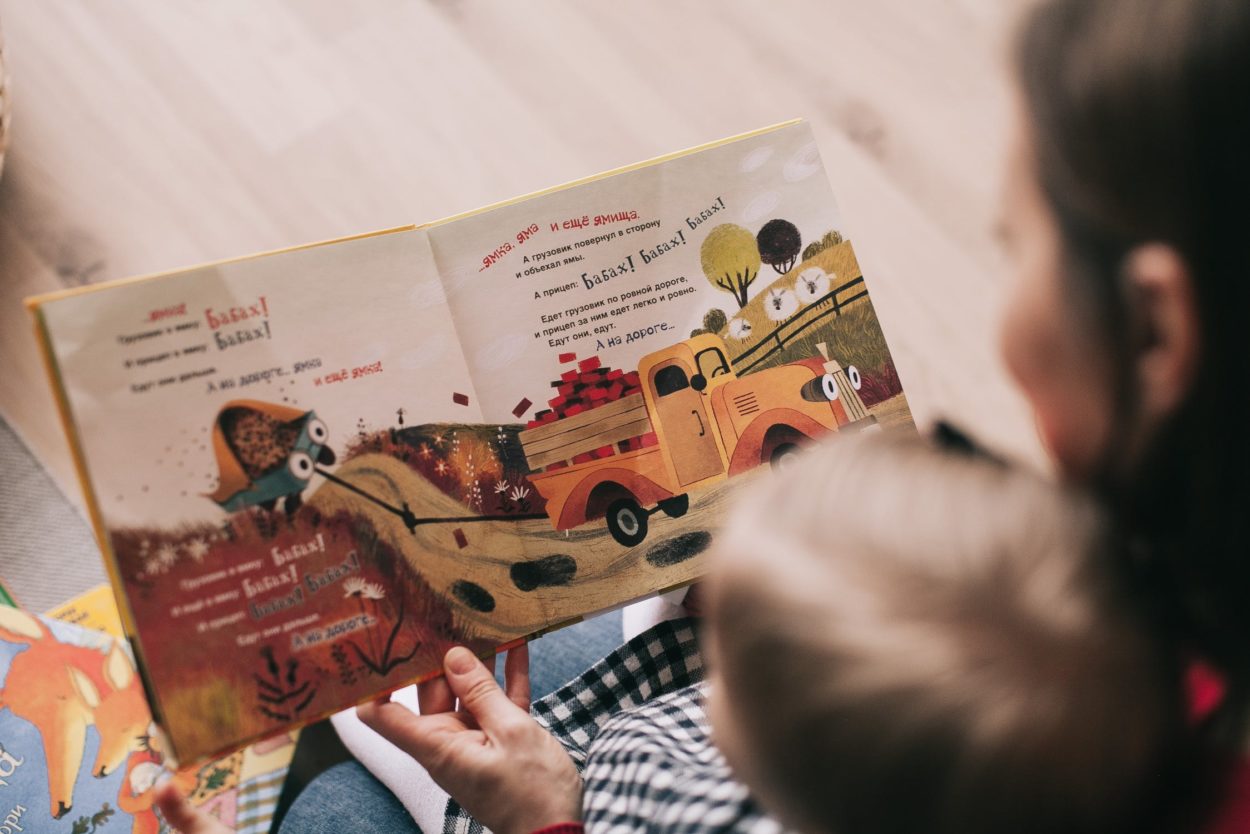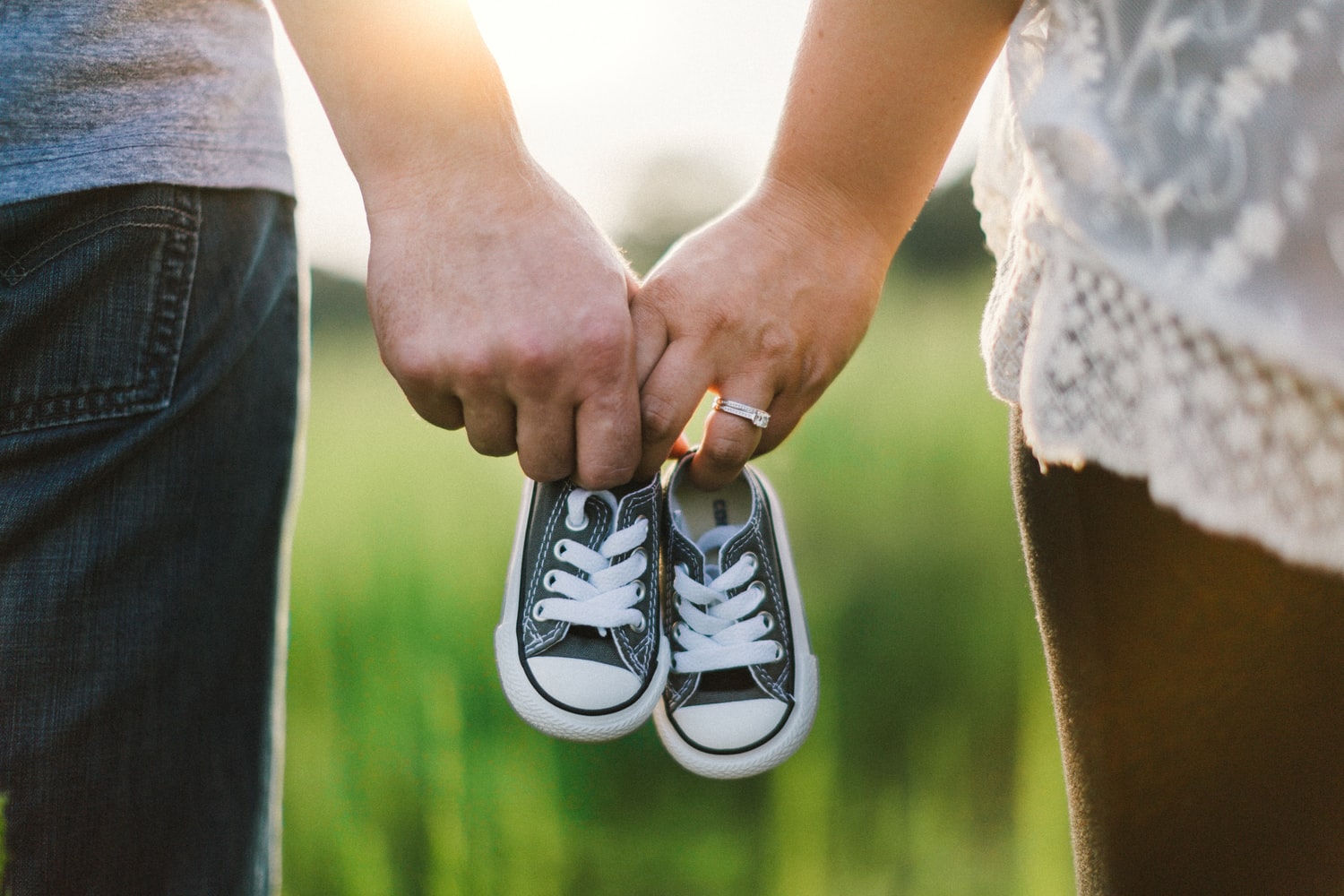There is a kind of mother who seems to hear the true calling of her life in her newborn baby’s cry. A mother who tells other expecting women, “When you see that baby for the first time, your whole world changes. It’s love at first sight!”
There is a kind of mother who seems to feel fulfilled in just serving and being with her kids. Who seems, effortlessly, to enjoy them.
And there is a kind of mother like me, who—honest confession—does not naturally feel this way.
I admire and salute these amazing women. I take mental notes on how they talk about, think about, and plan for their kids. This post is not going to say that their attitudes are in any way wrong. This post is about how my attitude has been wrong: the conclusions I jumped to, and the false premise I leapt from.
Entering Edna Mode
No, not that Edna Mode.
I had children because I wanted them. They were part of my vision of a full and happy life. I had an expectation that they would help me feel fulfilled, like part of my life’s purpose had been achieved.
But when my firstborn was born, I did not feel an immediate miracle of love in my heart. I was tired and in pain and wondering what in the world had just happened to my body. Instead of “falling in love,” I felt bewildered, almost in shock.
It turns out that I had postpartum depression, which accounts for a lot. But more and more, as the kids multiplied and grew, I realized that having kids did not naturally give me a sense of fulfillment. It seemed so easy for some moms, like they were born to be mothers. But I would still rather discuss a good book than do a Pinterest craft or Melissa & Doug puzzle, any day or hour of the week.
The thought crept into my head unbidden over and over again: “I must not be a mother-woman.”
I got the phrase “not a mother-woman” from Kate Chopin’s 1899 novel The Awakening. The novel follows the journey of Edna Pontellier, a wife and mother who attempts to break free from her society’s rigid expectations and constraints for women. I haven’t read it in years, and I had never studied it seriously (picking it up had been more a “You’re in grad school for literature; how have you not read this yet?” move).
But that phrase stuck with me, stuck in me. Here’s the quote in full, pulled—to my eternal shame—from Sparknotes, because I no longer own the book:
In short, Mrs. Pontellier was not a mother-woman. The mother-women seemed to prevail that summer at Grand Isle. It was easy to know them, fluttering about with extended, protecting wings when any harm, real or imaginary, threatened their precious brood. They were women who idolized their children, worshiped their husbands, and esteemed it a holy privilege to efface themselves as individuals and grow wings as ministering angels.
I did not share the condescending attitude of this passage toward mother-women, but the idea of “not a mother-woman” caused me concern. If some women take to motherhood naturally, and I don’t, and Edna didn’t—and I know how her story ends!—what am I supposed to do?!
To give you a picture of what I dreaded, here is a quote from near the end of Edna’s story: “The children appeared before her like little antagonists who had overcome her; who had overpowered and sought to drag her into soul’s slavery for the rest of her days. But she knew a way to elude them.”
Her way—spoiler alert—is committing suicide.
As I pondered not being a mother-woman, I was always doing it from Edna Pontellier’s premise: These women feel fulfilled naturally tending to their children. I do not naturally feel fulfilled that way.
My premise was faulty. My premise was that fulfillment was a worthy goal at all.
A Hierarchy of Needs
The modern West is all about personal fulfillment: finding what we think makes us us, and pursuing that. “Dream big, princess!” “You do you!” “She believed she could, so she did.”
Here’s how Edna began to pursue her own fulfillment: “She began to do as she liked and to feel as she liked. . . . going and coming as it suited her fancy, and, so far as she was able, lending herself to any passing caprice.”
“To do as she liked and to feel as she liked”—if we’re honest, isn’t this what most of us mean when we talk about feeling fulfilled? The ability to do what we love, and to follow what our feelings/hearts tell us about our deepest needs? But if this is fulfillment, then our children, poor things, never can be anything but antagonists to us, because they require more self-sacrifice than anyone anticipates.
Edna is Partially Right
Our fulfillment is such a heavy burden for our kids to bear. Think of the unhealthy codependency—the excruciating pressure—of anyone relying on another human to feel fulfilled. “You must make my life mean something!”
Fulfillment-as-goal is also a terrible burden for us to bear. It’s so elusive. And when we don’t get it? Well, for Edna Pontellier, the only “solution” seemed to be death.
However, there is a path to fulfillment through child-rearing. And Edna was partially right: it comes through dying. I don’t need to die to preserve some essential part of myself, but I need to die to myself.
Elisabeth Elliot states it plainly: “Fulfillment is not a goal to achieve, but always the by-product of sacrifice” (101).
If I try to make my children the servants of my “feeling fulfilled,” I frustrate both them and myself. But if I become their servant, focusing on what I ought to do instead of what I want to do, focusing on how I need to change rather than how I wish they would change, feelings of fulfillment will follow.
I have found this to be gloriously true. This year, I have made attempts to actively stop putting my hope in what I want (whether that is a chocolate bar to myself or listening to one dang song without Middle Child’s incessant stream-of-consciousness ramblings interrupting). When I instead seek to serve the kids in whatever situation comes, I enjoy them more. I have grown closer to them in love, and—what do you know—I feel really fulfilled!
Maybe, like me, you decided to have a kid because you thought it would lead to your fulfillment. And when you’re cleaning up vomit at 3 am, or wondering how to discipline a child who just absentmindedly scratched a rock along your car’s paint, you’re thinking, “Well. This backfired.”
But the good news is that mothering can always lead to fulfillment, whether our personalities naturally tend that way or not. That’s because it gives us a daily chance to heave off the burden of our selfishness and embrace the new life that comes from letting the Tyrant Self die. I may not be a mother-woman, but I CAN be a fulfilled mother.
This insightful post, “Not a Mother-Woman” was originally written by my friend Shannon Stewart and published on her blog: The Word-Hoard.
Work Cited:
Elliot, Elisabeth. Keep a Quiet Heart. Revell, 1995.
All quotes from The Awakening were lifted from that one Sparknotes page.


